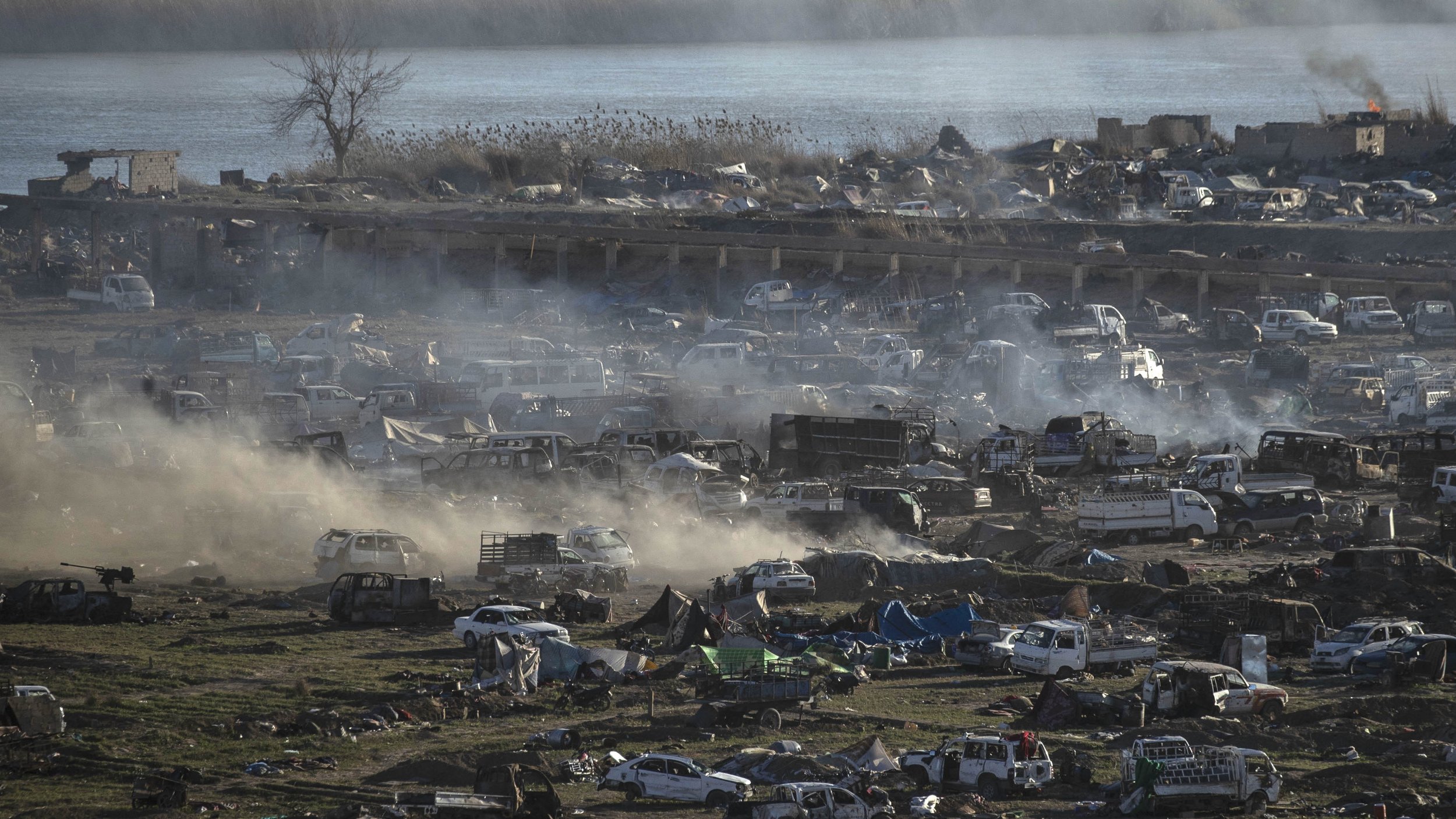Accountability at war
I had a conversation with a friend this week about calls for “accountability” following civilian casualties during recent US military operations:
“NGO Letter to US Secretary of Defense Demands Accountability and Reform…”
“The Defense Department Inspector General will examine whether elite US commando forces are doing enough to comply with the laws of armed conflict and hold violators accountable”
“No US troops behind a drone strike that killed Afghan civilians will be punished”
Headlines like this understandably upset and anger folks: the US military kills innocent civilians, either on purpose or on accident, it’s investigated, and nothing happens. Time after time. How is that okay?
Today I’ll try to tackle the weighty goal of explaining why many actions in combat that result in civilian casualties are—well, not okay, but—lawful, and why it’s actually proper that those responsible typically aren’t punished.
“A possible war crime” - responding to recent NYT reporting
There was a fascinating article in last Sunday’s last New York Times, “How the U.S. Hid an Airstrike That Killed Dozens of Civilians in Syria.” You should read it: the piece raises important questions about how the U.S. military conducts itself in war and our processes for transparency and accountability when civilians are harmed. It also provides a detailed account of ISIS’s last gasp in the Battle of Baghuz and the chaos that preceded a deadly strike.
Here, however, I identify three major problems with the New York Times report. First, as I described in the Omaha World-Herald, the Times piece paints a false picture of U.S. special operations forces as secretive military assassins, restrained only by heroic lawyers and whistleblowers. Second, the reporting accepts the legal and policy conclusions of its “hero” whistleblowers—conclusions which crumble when subjected to scrutiny. Third, the lack of balance in the piece directs readers to a false moral equivalence among rules-based nations like the United States and those nations and groups which make little or no effort to comply with the law of armed conflict whatsoever.




